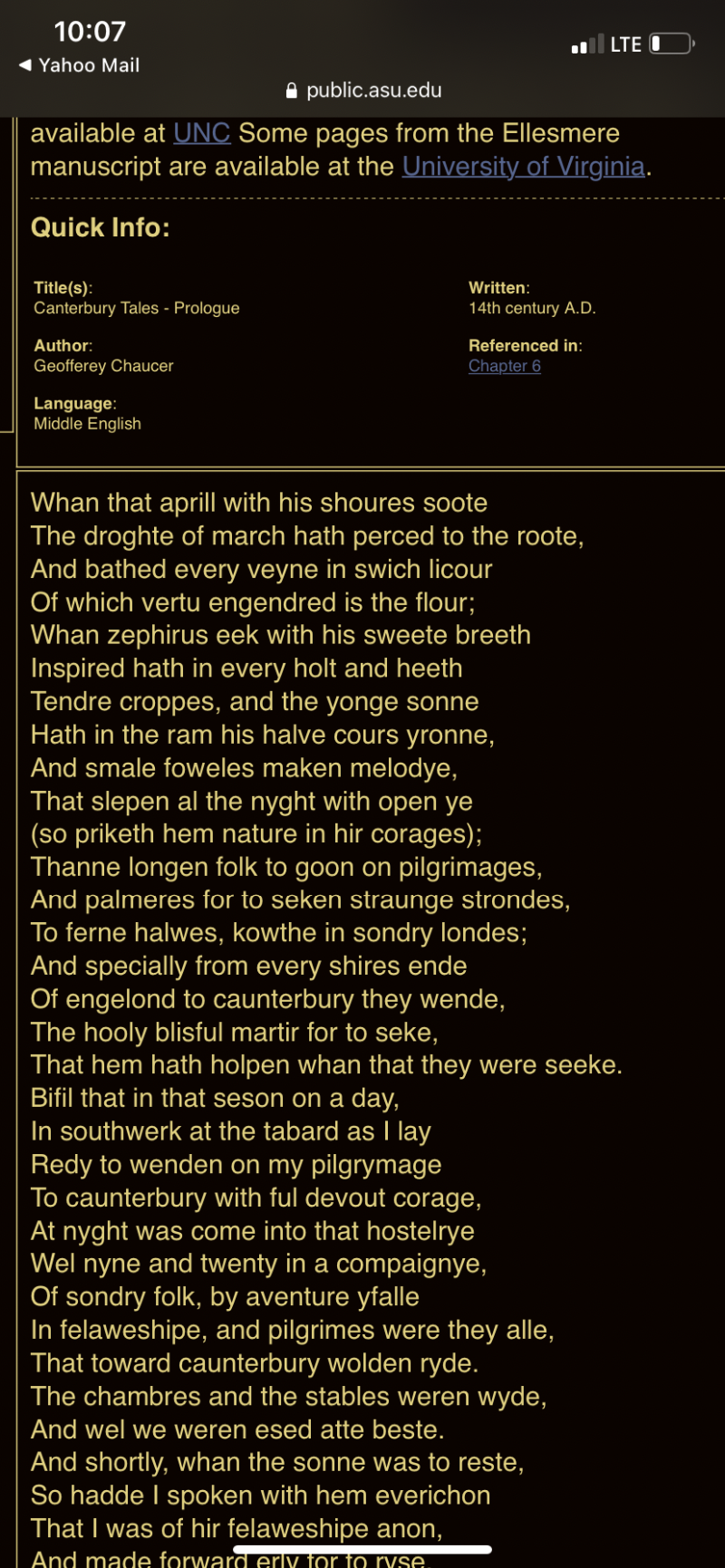English has many loanwords from French. There used to be a time when the usage of French words, Norman French in particular, in English or Middle English would be a case of code-switching. Also, most English speakers of today wouldn't be able to give a native word for many French loanwords either. This Anglo-French dialect is now the dominant dialect, with some "purer" dialects remaining perhaps in the remote English countryside. That's the co-mangling situation for English.
Taglish is a convenient language for Manila Tagalog-speakers and for non-native Tagalog-speaking Filipinos. Usually, the more affluent, urban, Americanised, and young a Tagalog speaker is, the more that they will start using English words in their Tagalog speech. However, Tagalog is not restricted to Manila, where the language is often regarded as almost only secondary to English in economic and academic importance. In Tagalog provinces they speak a better and purer form of the language and they prefer native words, because they understand the concepts better that way. If there's a new western concept to be talked about, especially in public communication, Tagalog speakers of these areas would often make appropriate and useful translations for it; more so in the olden days. Many public signages, notices, and announcements are in Tagalog when they would otherwise be in English in Manila, for example.
With regards to vocabulary, if the Japanese have a native word for a western invention, such as the camera or the television, then it's probably a word that describes the tool/device/machine, something that is definitely possible in Tagalog. E.g. Tagalog word for Spanish "imprenta" (printer) is "limbagan" (machine where you imprint stuff). I am talking about a fairly new European invention being introduced in the Malayan islands at the time. You just first have to know how the invention works before making a term for it. That was a very useful word early in the Spanish colonisation and was used very frequently.
Some of the Tagalog speakers of today likely wouldn't know that term only because of ignorance, and that case is much more common in Manila. This is because Manila Tagalog speakers receive most of their education in English (in varying degrees) and there is a popular urban culture of social climbing. They would hear, read, say, and write the word "printer" or "imprenta" a thousand times before they would even encounter the word "limbagan" once.
With that said, about another half of the native Tagalog speakers are in the provinces and they care more about the language. If you want to hear or learn purer Tagalog, then you go to those places. (Unfortunately,) Poor/uneducated parts of Manila might help as well. And unlike pure English, pure Tagalog is held as a precious language in several aspects of the media, literature, arts, religion, etc. which I will no longer specify where.
To put it shortly, did anyone ask "Is English in danger?" during French domination? Hell no, because no one really cared. That's not the case for Tagalog. If Taglish becomes an evolution of Tagalog, then it will have to come a long way from now, and will likely be due to the increasing influence of Manila to the Tagalog provinces and their respective cities. But then again, some people will protect what they perceive as the purer aspects of the language just as they do now and have been doing for centuries.
I'm not sure if you're a Filipino or not, or whether you are close to the Tagalog area, but if you are then you're probably already aware of these + you only need to research about the history of the English language and wonder why there are so many French or Latinate words in it.
I do wish I explained all this more clearly and concisely.








